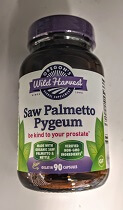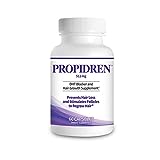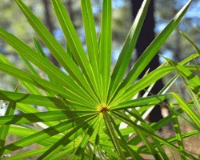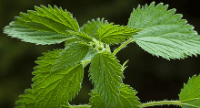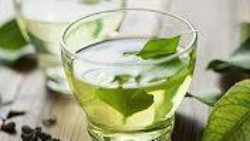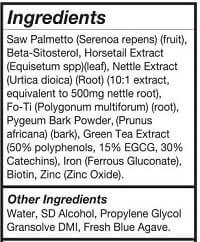In recent months, my Google Alerts have been filled with news related to DevaCurl causing scalp hair loss in women. DevaCurl is a renowned hair care product for women with curly hair. The brand makes shampoos, conditioners, gels and more that are readily available at salons and on Amazon.
Instagram influencers and Youtube celebrities have been at the forefront of the backlash against DevaCurl:

DevaCurl Hair Loss Class Action Lawsuit
Apparently, DevaCurl has damaged the scalp hair of a number of female users of the product. Some have claimed that this is due to a possible change in ingredients in a new formulation. Hair texture changes, dandruff, rashes and frizzy hair are other complaints. In 2020, a class-action lawsuit was filed against DevaCurl. More details here.
Every couple of years, we hear about hair shampoos, dyes or styling products suddenly damaging scalp hair. Several years ago, a major scandal involved WEN hair products by Chaz Dean (marketed by Guthy-Renker) causing scalp hair loss and irritation. When people get scalp hair loss from such products, I hope that it is temporary and not permanent in most cases.
Why is it Easier to Destroy Scalp Hair than Body Hair?
Whenever I read about hair care products such as DevaCurl destroying scalp hair, I am always 100 percent certain that the same product will never destroy body hair.
I assume that the people who use these hair care products get at least some of it dripping onto their eyebrows and eyelashes. If male, they probably get some of it on their mustaches, beards, wrist hair and hands when applying the product. After washing the scalp hair, some of the product surely makes contact with the whole body during showering.
Yet, I have never heard someone complain about even temporary body hair loss from these products.
DevaCurl and Body Hair
If DevaCurl is destroying curly and wavy scalp hair in some people, why has no-one tried using it on body hair? Curly beard hair or curly chest hair could be prime targets for hair removal purposes with a low-cost product. My guess is that DevaCurl or any other such product will never destroy body hair. Our apelike ancestors disapprove of any further advancement in the naked ape theory.
I have yet to hear even ONE single case where someone has filed a lawsuit or complained that a product damaged or killed their body hair.
Many men complain that certain harsh shampoos are causing increased scalp hair loss. However, these same men never see the same damaging shampoos killing their wrist area body hair. When one lathers the shampoo while washing one’s hair, the product and its residue are clearly in frequent and consistent contact with the wrist region. Yet, how many people do you ever see walking around with patchy wrist and hand area hair?
Note: Make sure to read my post on why men with excessive body hair tend to go bald at much higher rates.
The only way to destroy body hair is via very slow and tedious electrolysis. Or via expensive laser hair removal procedures, which can cause skin discoloration and damage, especially in darker skinned people. Moreover, laser hair removal is never guaranteed to work.
Hair removal products such as Nad’s, Nair and Vaniqa also have weak results despite years of research behind their ingredients. As far as I can tell, most such products act like waxing, and hardly ever permanently remove body hair.
Conclusion
If body hair is so much stronger than scalp hair, body hair to head hair transplants (BHT) make even more sense.
I would love to see much slower and less dense beard growth. One of these days, I hope that there will finally be a class-action lawsuit against some moisturizing cream destroying body hair as a side effect. I will buy the product asap.
